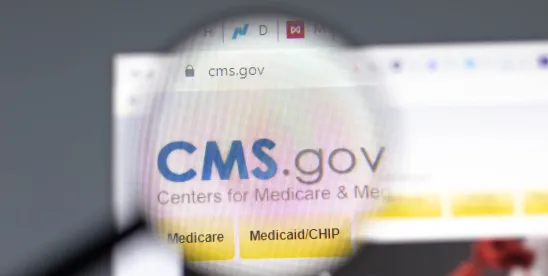Accountable Care Organizations (ACOs) participating in the Medicare Shared Savings Program got good news from The Centers for Medicare and Medicaid Services (CMS) related to widespread fraud involving urinary catheters that is estimated to involve as much as US$3 Billion in false claims. CMS has announced that it will hold ACOs harmless against the fraud by excluding the fraudulent claims from shared savings calculations.
The National Association of ACOs identified the issue to CMS because it raised concerns for ACOs which stood to lose millions of dollars. ACOs receive payments for certain savings with respect to Medicare Fee-for-Service (FFS) claims associated with the ACO’s beneficiaries, if the ACOs meet quality performance standards and demonstrate savings against a benchmark of expected average per capita Medicare FFS expenditures. Because the fraudulently billed claims have the effect of increasing the per capita expenditures for beneficiaries assigned to an ACO, they reduce the shared savings that ACOs can earn.
After review, CMS issued a proposed rule to “mitigate the impact of identified significant, anomalous, and highly suspect (SAHS) billing.1 The rule only addressed the SAHS durable medical equipment (DME) billing activity in Calendar Year (CY) 2023. It is limited to claims submitted for beneficiaries of ACOs with the following Healthcare Common Procedure Coding System (HCPCS) codes:
- A4352 (Intermittent urinary catheter; coude (curved) tip, with or without coating (Teflon, silicone, silicone elastomeric, or hydrophilic, etc.), each), which claims increased by 163% compared to the previous year.
- A4353 (Intermittent urinary catheter, with insertion supplies), which claims increased by over 5,000% compared to the previous year.
Recognizing that ACOs have no direct means of controlling the bills submitted by these DME suppliers, CMS has proposed retroactive changes in the way it determines an ACO’s shared savings and losses. In addition to certain other changes, CMS proposes that it will:
- Exclude all Medicare Part A and Part B payment amounts for the above HCPCS codes on DME, prosthetics, orthotics, and supplies claims for beneficiaries associated with an ACO from an ACO’s expenditure and revenue calculations for CY 2023 and, therefore, can impact payments to ACOs in subsequent years; and
- Exclude the SAHS claims from FFS charges in calculating factors in the application cycle for ACOs applying to enter a new ACO agreement for the period beginning on 1 January 2025, as well as for those ACOs who have a change request cycle to continue their participation in the program for Performance Year (PY) 2025.
Although CMS estimates that there will be nominal impact to the overall shared savings (net of losses) across the mix of ACOs in PY 2023, CMS acknowledges that there will be winners and losers among ACOs if the revised calculations are implemented.
If finalized, these changes would constitute retroactive rulemaking. CMS also abandoned its typical 60-day comment period, stating that a 60-day comment period “is both impracticable and contrary to the public interest”; therefore, the comment period for this proposed rule is 30 days from 3 July 2024. Stakeholders are applauding the proposed rule, but have also called for increased cooperation between ACOs and CMS to identify potential fraud, waste, and abuse.
1 See Medicare Program: Mitigating the Impact of Significant, Anomalous, and Highly Suspect Billing Activity on Medicare Shared Savings Program Financial Calculations in Calendar Year 2023, 89 Fed. Reg. 55,168 (July 3, 2024) (to be codified at 42 C.F.R. pt. 425), 2024-14601.pdf (govinfo.gov ).






 />i
/>i

